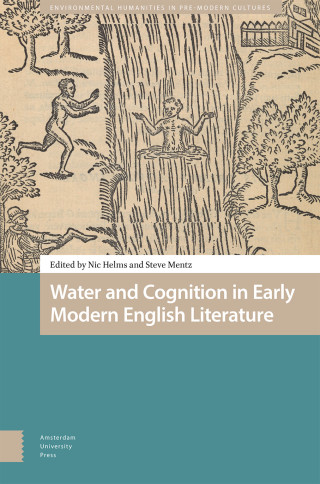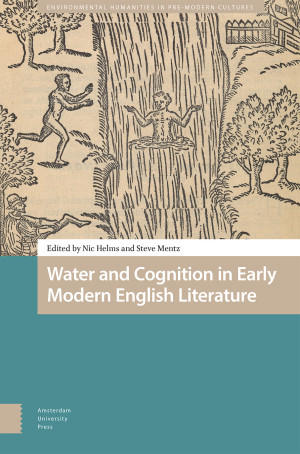Introduction: “Watery Thinking: Minds and Water In and Beyond the Early Modern Period”
Part 1: Drowning on Stage
1. McKenna Rose, “Muddying the Waters: Thinking Thinking in Watery Context with Hamlet”
2. Lianne Habinek, “Ophelia with Spectator: Hamlet and Watery Cognition”
3. Tony Perrello, “Monsters of the Deep: What Watery Dreams May Come in Shakespeare’s Richard III”
4. Myra Wright, “Stink or Swim: Knee-Deep in Marlowe’s Edward II”
Part 2: Fluid Metaphors
5. Benjamin Bertram, “Richard of Gloucester’s Elemental Thinking: Water and Sovereignty in Shakespeare’s First Tetralogy”
6. Douglas Clark, “The Sea of the Mind in Early Modern Poetry”
7. Jennifer Mae Hamilton, “Tears, Rain, and Shame: King Lear, Masculine Vulnerability, and Environmental Crisis”
Part 3: Forms of Water
8. Lowell Duckert, “Flake: The Shapes of Snow in Early Modern Culture”
9. Gwilym Jones, “No Darkness but Ignorance: Thinking Foggily in Shakespeare and Early Modern Drama”
10. William Kerwin, “Speaking Water and Seeping Memory in Michael Drayton’s Poly-Olbion”
Part 4: Submersive Tendencies
11. Dyani Johns Taff, “Estuarial Rage and Resistance in Pulter’s ‘The Complaint of Thames’”
12. Ben VanWagoner, “Jurisdiction: Oceanic Erasure and Indigenous Subjection in Dryden’s Amboyna”
13. Sandra Young, “Thinking with the Ocean as Decolonial Strategy: Memory, Loss and the Underwater Archive in Shakespeare’s The Tempest”
Afterword Evelyn Tribble
.

